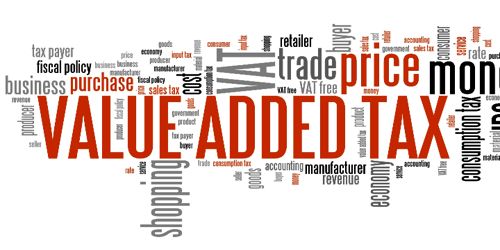Value Added tax refers to the tax applied to value-added as per prescribed rate. In fact, it is a multi-stage indirect tax imposed on the value added at different stage starting from production to distribution process. It is a consumption tax placed on a product whenever a value is added at each stage of the supply chain, from production to the point of sale.
The argument for VAT: Proponents of VAT give a number of arguments as to the merits of the VAT. Some of the Important Points are given as follows –
- It increases the cost of consumption, thus stimulating saving and investment.
- The government gets its money earlier; it does not have to wait until after the final sale.
- It is used to stimulate exports, the exporter gets a rebate for the tax paid.
- Importers pay the VAT based on the prices of their imports. The tax is paid on goods purchased, whether manufactured domestically or imported. Thus imported goods are not given an advantage over locally manufactured products.
- It catches service companies, which historically have been exempted from sales taxes. A service company has to charge the tax to its customers in order to recover the tax paid on its purchases of supplies and equipment.
- It opens up an avenue for a collection of more revenue for socio-economic development of a country.
- Its scope is wider and resists distortion in production and consumption.
- It provides a good system of rebate and refund which prevents a tax on tax.
- It provides a psychological advantage to the taxpayers in that the taxpayers pay out in installment.














